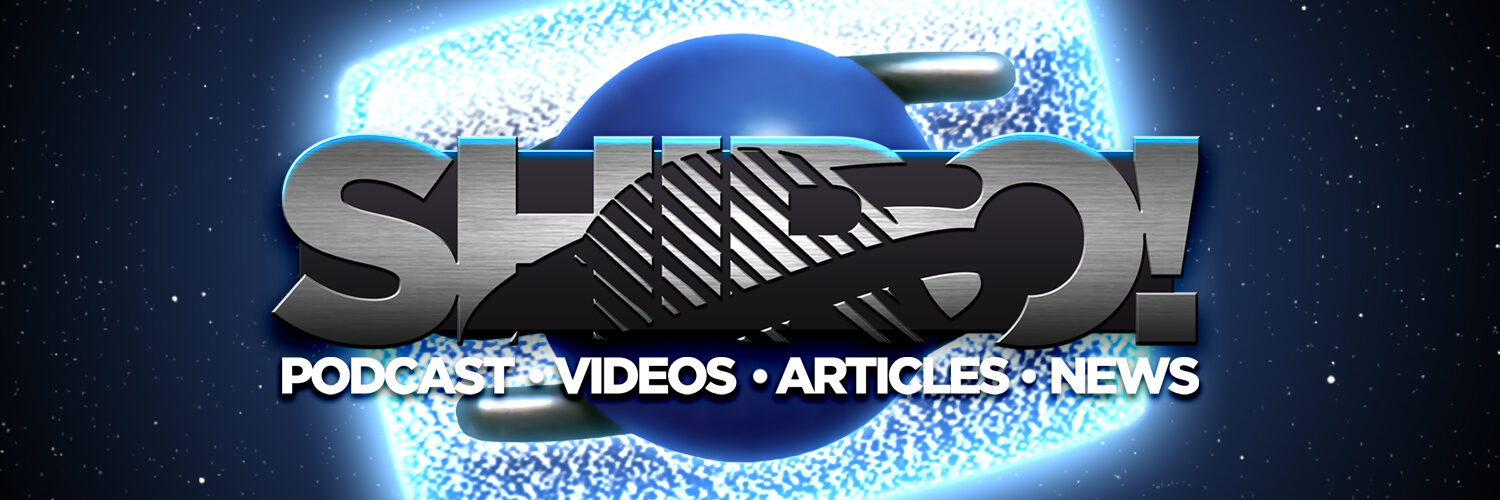The US city of Atlanta played host to the 1996 summer Olympic games, a quadrennial event showcasing the pinnacle of human achievement in a variety of sporting events. This traditional gathering of athletes the world over dates to very ancient times, and the video game industry has been there every step of the way… well, since the dawn of video games, anyways.
Keen to capitalize on the 1996 event, British publishing house US Gold, Ltd. released a variety of Olympic-themed games on platforms ranging from the Game Boy to the Genesis / MegaDrive and SNES, as well as the PlayStation and Saturn. Their 32-bit efforts are the focus of this piece: officially, there were two 32-bit entries into the Olympic arena, but only one of them saw release on the Saturn.

The first game is Olympic Soccer. Programmed by the talented Silicon Dreams, this was the studio’s first football (soccer) title. It hit the Saturn and PlayStation in 1996 to a broad range of review scores, ranging from the mid-50% to roughly 90%. Perhaps not fully polished, yet clearly demonstrating that Silicon Dreams had potential.

Silicon Dreams would then go on to release the European-exclusive World League Soccer 98 which, running at a steady frame rate and in the Saturn’s high-resolution mode, ultimately became regarded as the Saturn’s finest football game. So impressed were SEGA that they outsourced their high-profile football franchise, with the team going on to produce SEGA Worldwide Soccer 2000 for the Dreamcast, followed by UEFA Dream Soccer, also on Dreamcast. Sadly, that would be the last time Silicon Dreams produced a video game for SEGA, although Saturn aficionados will also correctly attribute the unreleased – but leaked – Saturn game Chill to the company’s credit.

Back to the topic at hand, Olympic Soccer was followed on by the broader Olympic Games: Atlanta ’96. The title was developed for the 3DO, the Genesis / MegaDrive, Super NES, and the PlayStation. Unfortunately, the game was not developed for the Saturn. Or was it?

The PlayStation game was released to mediocre reviews. Featuring 15 sporting events – all of which were contested in Atlanta – the 1 to 8 player game features exceptionally rough textures and low-poly constructs. An absolute eyesore by today’s standards.
The supposed Saturn version was reviewed in Britain’s Official SEGA Saturn Magazine, with reviewer Samantha Hickman rating the title at 79%. The Saturn game was allegedly due for release around the time of the review, but never saw the light of day. In the heyday of the ‘feud’ between SEGA Saturn Magazine and Saturn Power (an un-official competing mag), SSM were accused of reviewing the PlayStation version – a charge they later denied.


Whether the game was ever ported to Saturn remains unclear, however, our own Shiro K (A Murder of Crows) recently acquired what seems to be a disc and box art test pressing, in the style of Japanese game releases.

The game appears to be complete with large box and disc. Interestingly, the matrix code is correct and in line with US Gold / Coconuts Software (the Japanese distributor)’s official products. The matrix codes are sequential numbers where each Saturn third-party publisher is assigned a Third Party Code (in this case, Coconuts was #73 in Japan), and this is followed by a simple sequential number. Coconuts’ Japanese games are:
T-7301G: World Cup Golf Hyatt Dorado Beach (a port of a 3DO game)
T-7302G: Johnny Bazooka (the Japanese version of Johnny Bazookatone)
T-7304G: Olympic Soccer (this appeared in the West as well)
T-7305G: BrainDead 13 (ReadySoft released this in North America)
T-7306G: Super Casino Special (a Japanese exclusive by Coconuts)
T-7307G: Impact Racing (Acclaim did the honors in the West)
T-7308G: Angel Graffiti (a Japanese exclusive dating sim)
T-7309G: Formula One Grand Prix (another Japanese Exclusive)
There is no entry for code T-7303G. This is where our mystery disc comes in, as it features this matrix code. Clearly, at some point there were plans to release this on the Saturn.

It was actually fairly common for third parties to assign codes to titles they were planning to release, and inevitably, some would never materialize.
So, what’s on the disc? Sadly, no Saturn code whatsoever. In fact, the disc contains unrelated music tracks. These were pressed, not burnt, however industry insiders tell us this is not uncommon.


What we are left with is a curiosity disc and box, showcasing perhaps prototype art that would have been used for the game, had it seen production and release.
It is fascinating to speculate about planned games when there are obvious gaps in matrix code sequences. For example, Working Designs games – American Third Party code 127 – is missing a game in their lineup. Their games skip over code T-12704H, with each number before and after present and correct. Could this have been the placeholder for the localized version of Lunar: The Silver Star Story Complete?

Ultimately, information about games planned to use missing matrix codes is almost certainly lost in the sands of time. The Atlanta Olympic Games find is an exceptionally unusual instance of a publisher professionally producing CD and box art before a game – and license thereto – was ever completed. To this day, no leak of the supposed Saturn game exists.



Big Saturn Fan here, super fascinating stuff. I’ve never heard of the matrix code before, yall r so smart to figure this stuff out! WHAT WAS THE MISSING WORKING DESIGNS GAME!!? Oh man, Lunar for Saturn….anyway, I miss listening to you on the podcast and keep up the good work my friend! Saturn4Life …